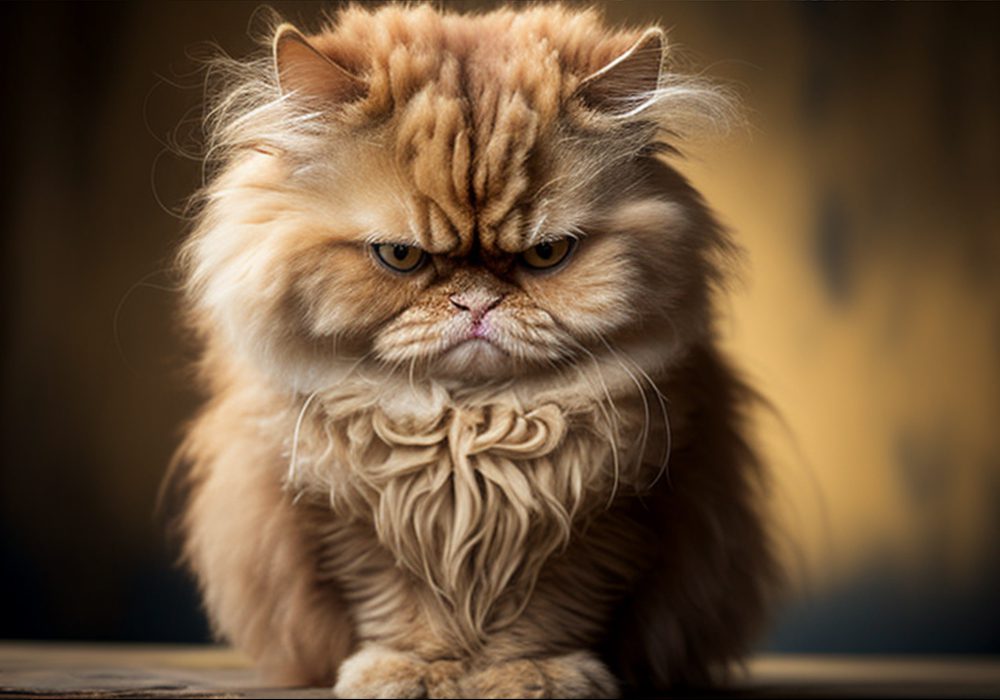Changes in behavior: If your cat’s behavior changes suddenly or significantly, this could be a sign that they are unhappy. This could include changes in their activity level, appetite, or social interactions.
Changes in body language: Cats communicate a lot through their body language, so pay attention to any changes in your cat’s posture or movements. For example, if your cat is usually relaxed and now seems tense or anxious, this could be a sign that they are unhappy.
Changes in grooming: Cats groom themselves regularly to keep themselves clean and healthy, but if they stop grooming or their coat becomes unkempt, this could be a sign that they are unhappy.
Changes in vocalization: Cats are generally not as vocal as dogs, but if your cat starts meowing more frequently or in a different tone than usual, this could be a sign that they are unhappy.
Changes in litter box habits: If your cat starts using the litter box more frequently or has accidents outside the box, this could be a sign that they are unhappy or experiencing some kind of stress.
If you notice any of these signs in your cat, it is important to pay attention to their behavior and try to identify the cause of their unhappiness. In some cases, small changes to their environment or routine may be enough to improve their happiness, but it is always a good idea to consult with a veterinarian if you are concerned about your cat’s well-being.
There are several potential causes of unhappiness in cats, including changes in their environment, routine, or diet; health problems; and lack of mental or physical stimulation. It is important to pay attention to your cat’s behavior and try to identify any potential causes of their unhappiness.
If you suspect that your cat may be unhappy, here are a few things you can try to improve their well-being:
Provide plenty of mental and physical stimulation: Cats need mental and physical stimulation to keep them happy and healthy. This can include toys, scratching posts, and interactive playtime with you or other cats.
Keep their environment enriched: Cats need a stimulating environment to keep them happy. This can include plenty of hiding places, perches, and other areas to explore.
Make sure they have access to food, water, and a clean litter box: Cats can become unhappy if they are hungry, thirsty, or if their litter box is dirty. Make sure they have access to these basic needs at all times.
Provide plenty of love and affection: Cats need social interaction and affection to be happy. Make sure to spend quality time with your cat, grooming them, and providing them with love and affection.
Address any health problems: If your cat is experiencing any health problems, it is important to address these issues as soon as possible. Consult with a veterinarian to determine the best course of treatment.
In conclusion, there are several potential causes of unhappiness in cats, and it is important to pay attention to your cat’s behavior and try to identify the cause of their unhappiness. There are several steps you can take to improve your cat’s well-being, including providing mental and physical stimulation, keeping their environment enriched, making sure they have access to basic needs, providing love and affection, and addressing any health problems.



